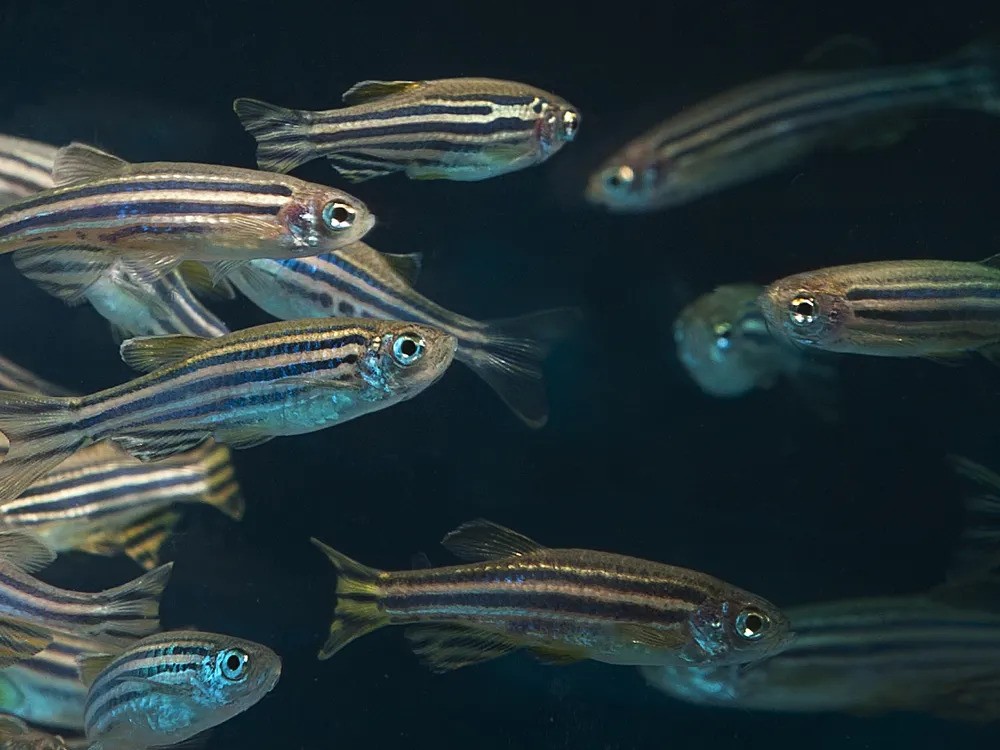Zebrafish have been living on the Chinese Tiangong Space Station for a month. Astronauts report that they have generally adapted well to weightlessness, but exhibit strange behavior. It may indicate that they are disoriented.

Zebrafish on the space station
Chinese astronauts aboard the Tiangong Space Station report that four zebrafish staying there with them are alive and well for a month. They are in a small aquarium and are generally already used to microgravity.
So far, zebrafish have managed to survive, but they show some signs of disorientation. Astronauts Ye Guangfu, Li Cong, and Li Guangsu reported cases of floating upside down, backwards and in circular movements, indicating that microgravity still affects their spatial orientation.
The fish were launched into space aboard the Shenzhou-18 spacecraft, which delivered them and a batch of hornwort into orbit on April 25, 2024. The aim of the project is to create a self-sustaining ecosystem and study the effects of microgravity and cosmic radiation on the development and growth of these species.
The best object for observation
Zebrafish have a number of advantages as an experimental object. A short cycle of reproduction and development, transparent eggs allow scientists to quickly and effectively study their growth, and genetics has a certain similarity to humans, which can potentially provide knowledge related to human health.
The genome of zebrafish has been completely sequenced, and for this reason they are widely used in scientific experiments on Earth. Observing the behavior of these well-studied creatures in such an extreme environment can tell us a lot about the life and development of vertebrates of different species under the influence of microgravity.
Astronauts aboard Tiangong regularly feed fish and take water samples, and cameras allow scientists on earth to observe the aquarium. So far, no serious problems have been found in their lives.
Influence of space conditions on living organisms
This is not the first time that fish have been in space. Since 2012, a Japanese research project has brought medaka and zebrafish to the International Space Station for study in a similar aquatic environment. The results of these studies showed that the bone density of fish decreased in just ten days. Human astronauts also experience similar effects in orbit, although not in such a short time, and they can be somewhat mitigated with the help of strict physical exercises.
The health and sustainability of wildlife in space is a key area of research for the preparation of human spaceflight. If we are going on long-term space missions, such as those needed to reach Mars, then understanding the biological consequences of space travel is vital.
According to phys.org


